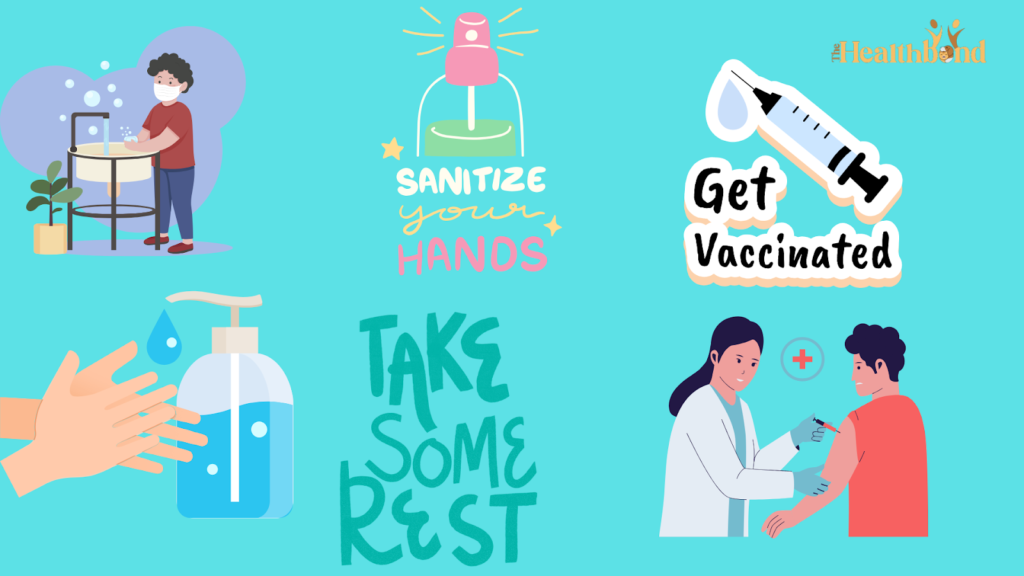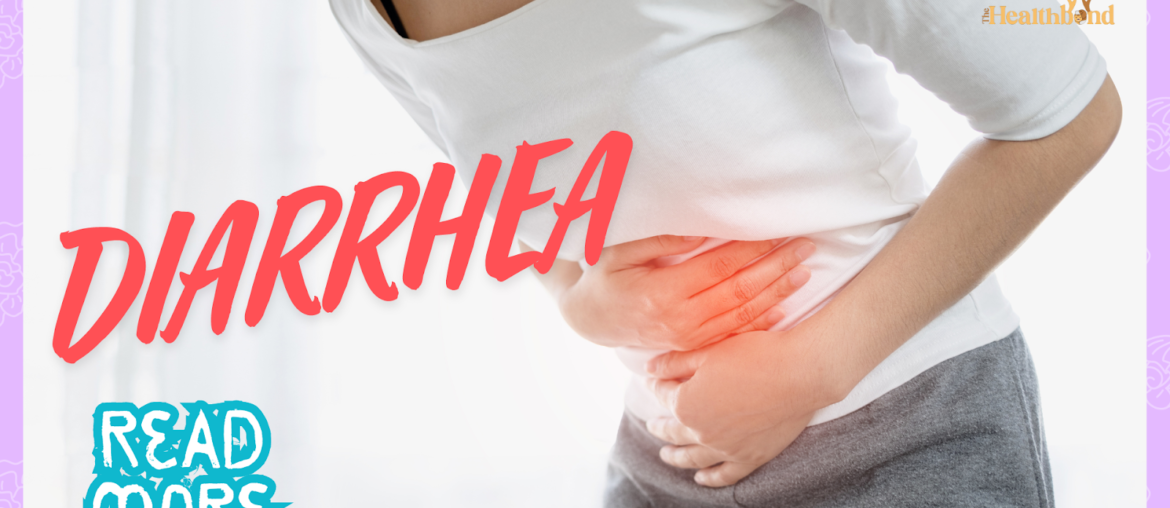Diarrhea is an illness in which the body’s solid waste is more liquid than usual and comes out of the body more often.
It is one of the most common health complaints. It can range from a mild, temporary condition to a potentially life-threatening one. Globally, an estimated 2 billion cases of diarrheal disease occur each year.
It normally lasts 2-3 days but when diarrhea lasts beyond a few days into a week then it means that there’s another problem such as Irritable Bowel Syndrome (IBS) or a more serious disorder, including ongoing infection of celiac disease or inflammatory bowel disease. If blood is also present it is called Dysentery.
Diarrhea has two types:
- Acute diarrhea
- Chronic diarrhea
Causes of acute diarrhea:
Acute diarrhea is also known as short-term diarrhea. Cause are:
- Food poisoning
- Viral infections including gastroenteritis, rotavirus, and norovirus
- Bacterial infections including salmonella and E.coli
- Water born parasites
- A change in diet
- Drinking too much alcohol
- Stress
- cholera(although this is rare in developed countries)
The most commonly identified cause of acute diarrhea in the United States is the bacteria salmonella, campylobacter, shigella, and E.coli.
Causes of chronic diarrhea:
- Inflammatory bowel disease
- Irritable bowel syndrome
- Food intolerance such as lactose intolerance
- An adverse reaction to a medication
- Gallbladder or stomach surgery
- Some treatments for cancer
Symptoms of diarrhea:
- Abdominal cramps
- Stomach pain
- bloating(swelling)
- Nausea
- Urgent need to go to the bathroom
- Blood stools (bloody diarrhea is always a concern)
- Fever
- Leaking stool and not being able to control your bowels(incontinence)
- Dehydration (serious side effects of diarrhea)

Can diarrhea be prevented?
Gastroenteritis is the most common cause of diarrhea. It is mostly spread by contact with the person who has an illness. It can also come from contaminated food. It can be prevented:
- By improving sanitation
- Clean drinking water
- Wash your hands often
- Breastfeeding for at least 6 months
- Do not prepare food for others if you are unwell
- Rotavirus vaccination

Can diarrhea be treated at home?
You can get rid of acute diarrhea through lifestyle changes at home.
- Drink plenty of water or electrolyte-replacement beverages, such as sports drinks.
- Choose food that can firm your stools such as bananas, white rice, and certain low-fiber foods, which make stools more solid.
- Avoid caffeine and alcohol because they can worsen diarrhea and can cause dehydration.
- Avoid food and drinks that give you gas such as beans, cabbage, and Brussels sprouts.
- Sometimes diarrhea can make you temporarily lactose intolerant. avoid dairy until it clears.
Call your doctor If your diarrhea does not improve within a few days. Reach out if you have a fever, severe pain, bloody stool, and symptoms of dehydration. Because if not treated properly on time causes death.







